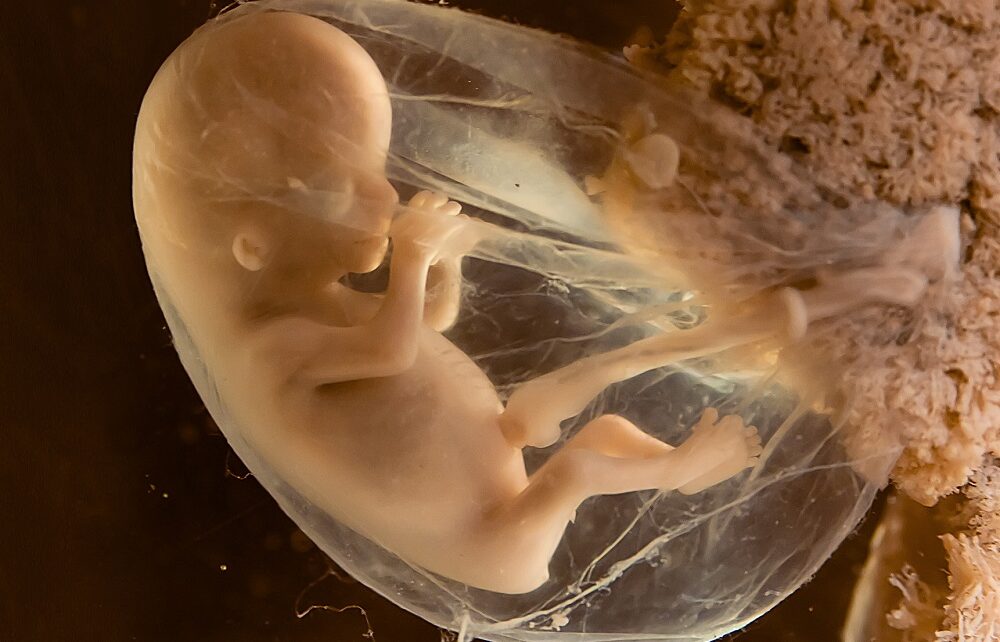
Reproductive Immunology: What it is, causes, treatment and how it can affect the achievement of pregnancy
Pregnancy is a physiological state in which the mother’s immune system must recognise the embryo, which carries at least half of the discordant genetics, and not attack it in order for the pregnancy to develop successfully. To do this, the mother’s immune system is inactivated or becomes more tolerant, so that the embryo’s placenta can invade the mother’s uterus without being rejected. Therefore, the process of embryo implantation and the correct development of the pregnancy depend on a delicate balance that allows tolerance between two immunologically different individuals.
Índice
Types of immune system disorders
There are 2 types of immune system disorders in which the immune system attacks certain organs:
- On the one hand, there is immunological rejection, as for example in transplants, in which the cells of the immune system identify foreign cells and attack them in order to eliminate them. We could say that in this case the immune system is exercising its function, which is to protect us from what it considers ‘foreign’.
- Another immune system alteration occurs when it identifies as foreign what is its own, as occurs in self-immune diseases. This can lead to the organ or organs affected ceasing to function. The most representative example is systemic lupus erythematosus.
There is no doubt that both embryo implantation and the correct development of a pregnancy are also immunological phenomena in which the participation of the immune system is key, pregnancy being a state of transitory immunotolerance.
Knowledge about the immune system in pregnancy
Despite this, to date, the mechanism by which this ‘transient tolerance’ is produced by the mother’s immune system is practically unknown to specialists in reproductive medicine. Much progress is being made with research in this specific area, but it is difficult to investigate what the causes may be given that, as we have mentioned, this situation occurs only during pregnancy, so it cannot be extrapolated to other situations during life, and during pregnancy the medical research carried out in humans is very limited.
The immune factor in embryo implantation failure and repeat miscarriage
It has been proposed that the incorrect functioning of the mother’s immune system could be a possible cause of two of the situations that we frequently see in the reproductive medicine consultation room: recurrent implantation failure (absence of gestation after at least 3 transfers of chromosomally normal embryos) and recurrent gestational loss (having suffered two or more miscarriages). However, this is a hypothesis that is still under investigation.
Taking into account the different pathways by which the immune system can cause pathology, we could use two theories to explain different situations that could lead to implantation failure or repeated miscarriages.
- There could be alterations at the mother’s immune system cells level, both at the uterine level and at the systemic level, circulating in the bloodstream. If there is a ‘pro-inflammatory’ environment, these immune system cells are more likely to act on the embryo nesting in the uterus, and this could explain the higher risk in these cases of recurrent implantation failure and early gestational loss. It could also explain in some cases an incorrect invasion of the uterine wall by the embryonic trophoblast (cells that develop the placenta), and lead to an increased risk of some complications during pregnancy such as pre-eclampsia.
- Secondly, the existence of antibodies in maternal blood associated with various autoimmune diseases may increase the risk of these complications. In fact, the presence of antiphospholipid antibodies in maternal blood is one of the proven causes of recurrent gestational loss. It is important to note that for most immunological diseases, the data available are scarce and controversial.
- Certain genetic variants in immune system cells (Natural Killer cells) have been described that could increase the risk of embryonic rejection (KIR-HLA-C system), although this hypothesis is still in the clinical research phase.
Treatments for immune system disorders in reproduction (reproductive immunology)
Since pathophysiological knowledge is scarce regarding immune system disorders, and disorders of implantation and pregnancy development, the search for solutions and treatments is also erratic, and most of these treatments are empirically prescribed, without solid evidence to support them.
- Various treatments have been used to modify the immune response to implantation and establishment of pregnancy. One of the most commonly used drugs is corticosteroids, although other drugs such as hydroxychloroquine are also used.
- Other strategies that have also been proposed are intravenous gamma globulins and intralipids. Given that the former have many more side effects than the latter option, as well as a much higher cost, associated with little evidence in favour of their use, we could say that the use of intravenous gamma globulins is increasingly limited.
- There are currently several lines of research with immunomodulatory drugs used for the treatment of autoimmune diseases.
- It should be noted that the treatment of antiphospholipid syndrome is carried out with low doses of antiaggregants such as acetylsalicylic acid and low molecular weight heparin.
- Other strategies that have been proposed, especially in cases of incompatibility of the maternal KIR system with the HLA-C of the embryo, is the transfer of a single embryo to reduce the risk of rejection by ‘stimulating’ the maternal immune system as little as possible, and the selection of HLA C compatible donors in gamete donation treatments.
The truth is that all these therapies, except for antiphospholipid syndrome, are considered experimental. Given that the evidence on the use of these drugs is within the field of research and is very limited, and that they are drugs that are not free of side effects, their prescription should always be carried out in a clinical context by a specialist in reproductive medicine.
Dr Cristina García-Ajofrín, gyneacologist at Instituto Bernabeu
